Did you know that some of the plants we always thought were native to Australia are actually from Southern Africa?
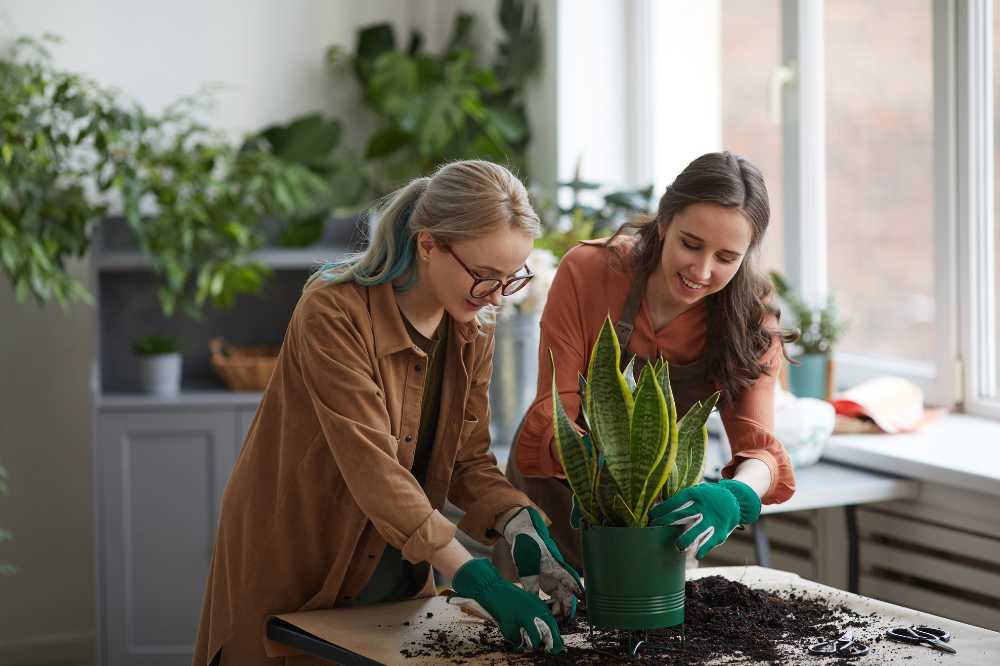
Millennials and Their Newfound Love for Gardening
Millennials are known as the gardeners of the future. It’s interesting how they grew up during the internet age and yet they have developed an interest in the hard labour of planting, pruning, weeding, and mowing. Compared to any other age group, there are more millennials now who are falling in love with gardening.
This article will discuss millennials’ newfound love for gardening. But first of all, who are the millennials?
The millennial generation, also known as Gen Y or Generation Y, is loosely defined as those born between the 1980s and early 2000s. This age group is widely regarded as the most technologically connected generation.
Millennials grew up in the internet age when people communicated via email and social media. They are accustomed to performing numerous daily tasks with just a few clicks on their laptops and smartphones.
Millennials and Their Newfound Love for Gardening
What Gardening Means for Millennials
1) Gardening provides a sense of control
2) Gardening provides positive additions to mental and physical health.
3) Gardening gives an opportunity to practice environmental awareness and responsibility
4) Gardening fosters better nutrition
5) The garden is a great place for family gatherings
What Gardening Means for Millennials
The love of gardening is expected to continue and expand, but the increasing number of garden enthusiasts is highest among the millennials. According to the Axiom 2022 Gardening Insights Survey, over 62 per cent of households wanted to plant more in 2022 than in 2021, and nearly 76 per cent of those belong to generation Y.
This interest in gardening among millennials is considered very significant because they are now the largest living generation, surpassing the Baby Boomers. They contribute most to purchasing power, consumer product utilisation, and environmental sustainability.
Planting and growing are now among Gen Y’s favourite activities. Gardening for millennials includes establishing and tending backyard veggie plots and flower beds. Whether they live in a house, a rented condominium, or an apartment complex, they have found various ways to grow gardens with flowers, fruits, herbs, and vegetables.
Why Millennials Do Gardening
With the recent COVID-19 pandemic, lockdown living has pushed people to search for a sense of long-term investment and a well-established routine. This has led to the thriving trend of indoor and outdoor home improvements, one of which is gardening.
Here are some reasons why more and more millennials are taking interest in gardening (and why you should, too).
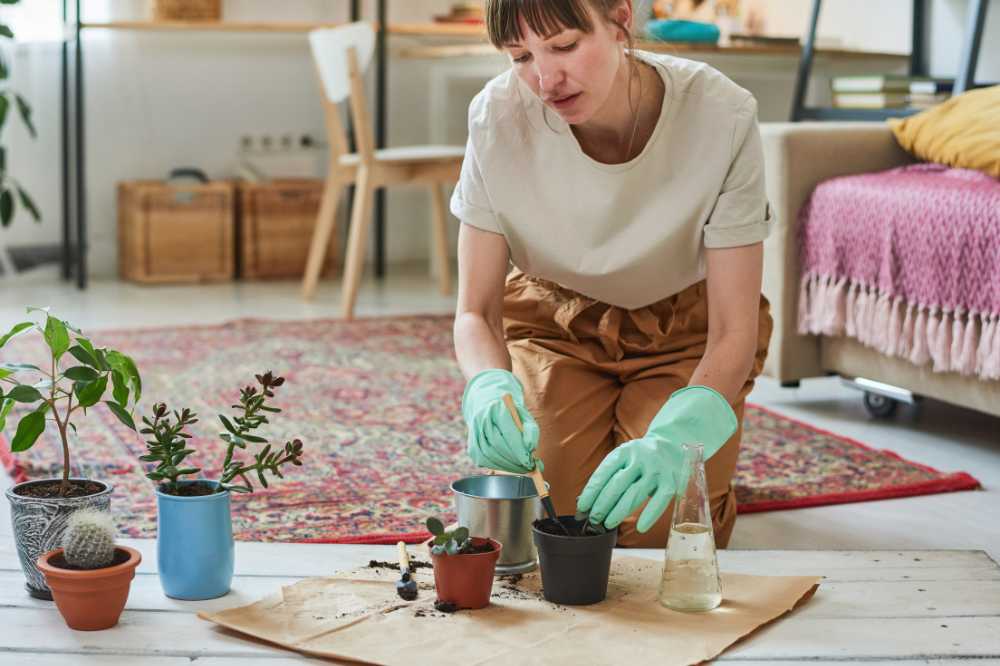
1) Gardening provides a sense of control.
The rise of outdoor hobbies, indoor gardening, and creative use of natural spaces has ignited the millennials’ desire to have a sense of control and invest in the future. As they tend to their plants, they are happy that they get the chance to nurture something, and it gives them a sense of fulfillment.
Younger generations are struggling to find this sense of fulfillment and purpose, with significant milestones becoming increasingly challenging to achieve. Most millennial adults have faced more struggles, including economic recession, the recent global pandemic, political issues, and rapidly growing debt, compared to other generations.
As a result, millennials are the most anxious and overworked age group because they have yet to see the fruit of their labour. With all the pressures they encounter, millennials look for activities that give them a sense of control and accomplishment, as well as an opportunity to invest in something. Gardening is one such activity that fills this need.
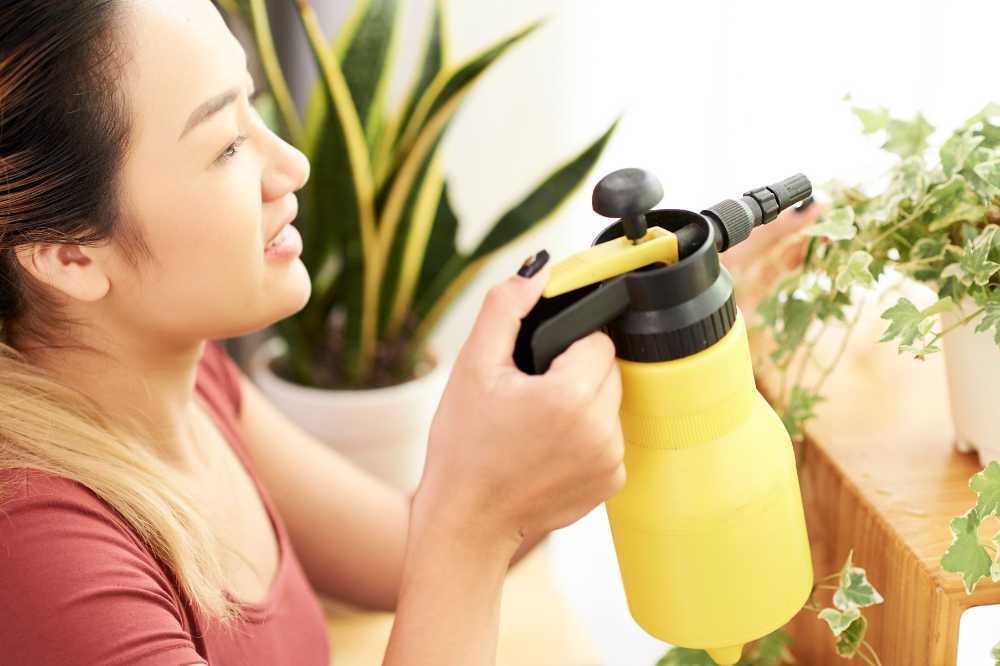
2) Gardening provides positive additions to mental and physical health.
Today, so many factors cause apprehensions about the future, such as unemployment, rising inflation, and increasing cost of commodities. Mental health care has never been more important these days. Millennials who garden found that gardening has helped ease their stress and anxiety.
A study conducted in 2021 by Landscape and Urban Planning showed that gardening several times a week was associated with higher levels of perceived well-being, less stress, and more physical activity. Likewise, a recent study by AXA Insurance found that 50 per cent of people who garden report an increase in happiness, while 44 per cent report lower stress and anxiety levels after getting into gardening.
Millennials have also developed a passion for plants and gardening as an antidote to technology and constant connectivity. This allows them to take a break from job worries, giving them time away from the computer screen.
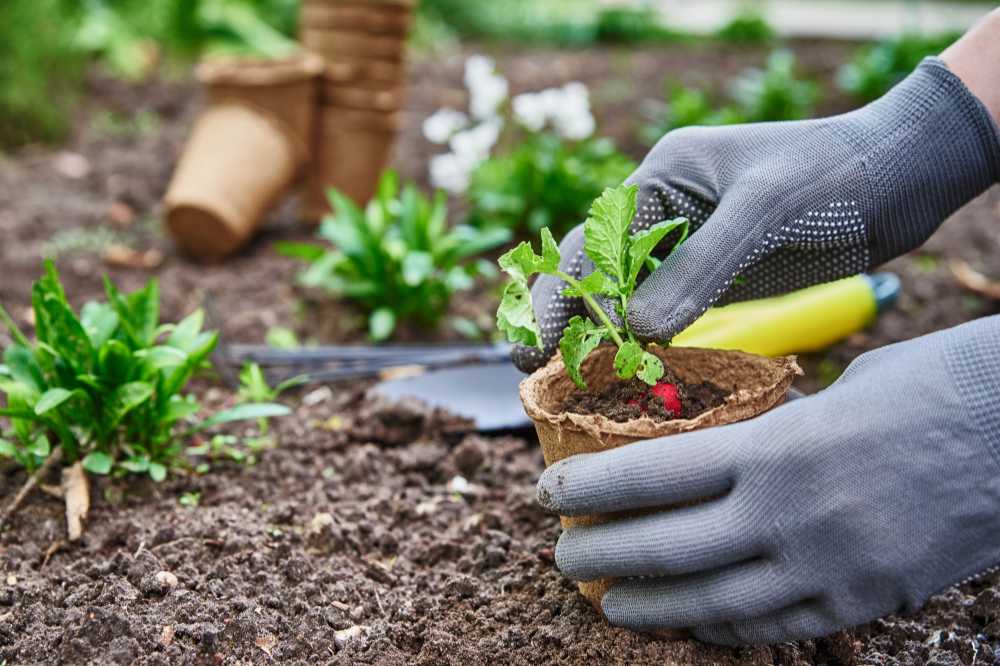
3) Gardening gives an opportunity to practice environmental awareness and responsibility.
Awareness of environmental issues and having the desire for healthy living to contribute to ecological balance are the hallmarks of the millennial generation. This makes gardening very attractive to them.
Growing a vegetable garden, for example, lessens the use of plastic packaging as compared to buying food in groceries, thus contributing to environmental sustainability.
Gardening also helps lessen the use of fossil fuels and pollution. By growing your own food, you avoid using fossil fuels to transport it to your house. Millennials are also willing to spend money on wellness items such as organic foods and natural remedies.
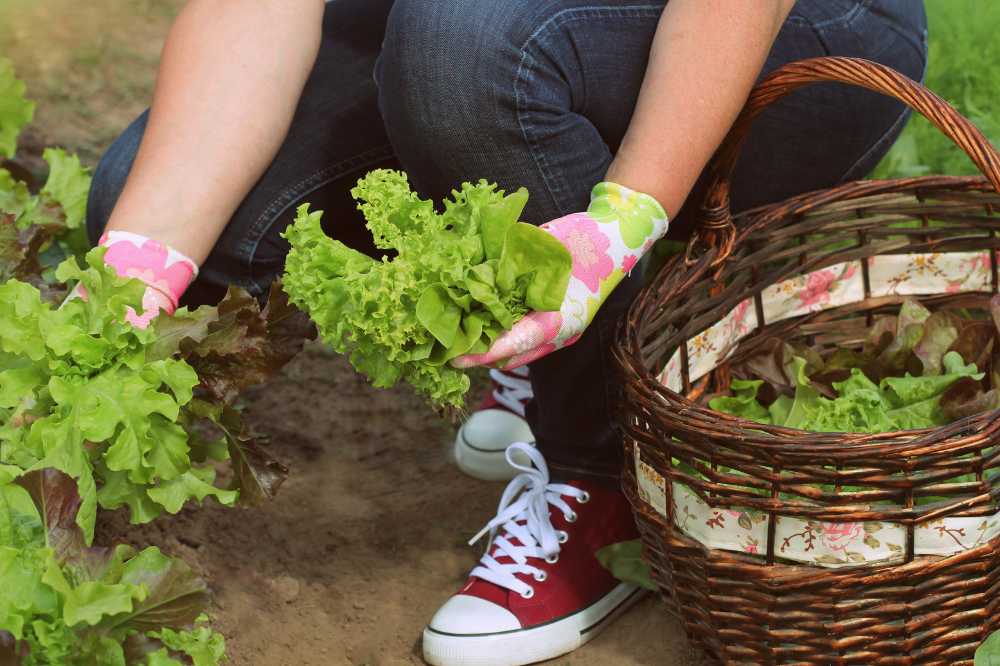
4) Gardening fosters better nutrition.
Gardening is an excellent way to incorporate fresh fruits and vegetables into your daily diet. Being more health conscious than any other generation, Gen Y values sound nutrition and seek to know where their food comes from.
Fresh vegetables provide excellent nutrition. Millennial gardeners understand that growing their own vegetables and herbs allows them to prepare more nutritious meals and gives them a sense of ownership over what they put into their bodies.

5) The garden is a great place for family gatherings.
Although millennials are very technologically connected, they value deep family relationships. Planting a garden with their children, significant others, or friends allows them to spend quality time with loved ones as they work toward a fun, shared goal. In fact, this is something that people of all ages can appreciate.
Overall, millennials enjoy gardening for the same reasons that older people do: they want a sense of accomplishment, peace, and fulfillment from caring for plants. These things haven’t changed much over time.
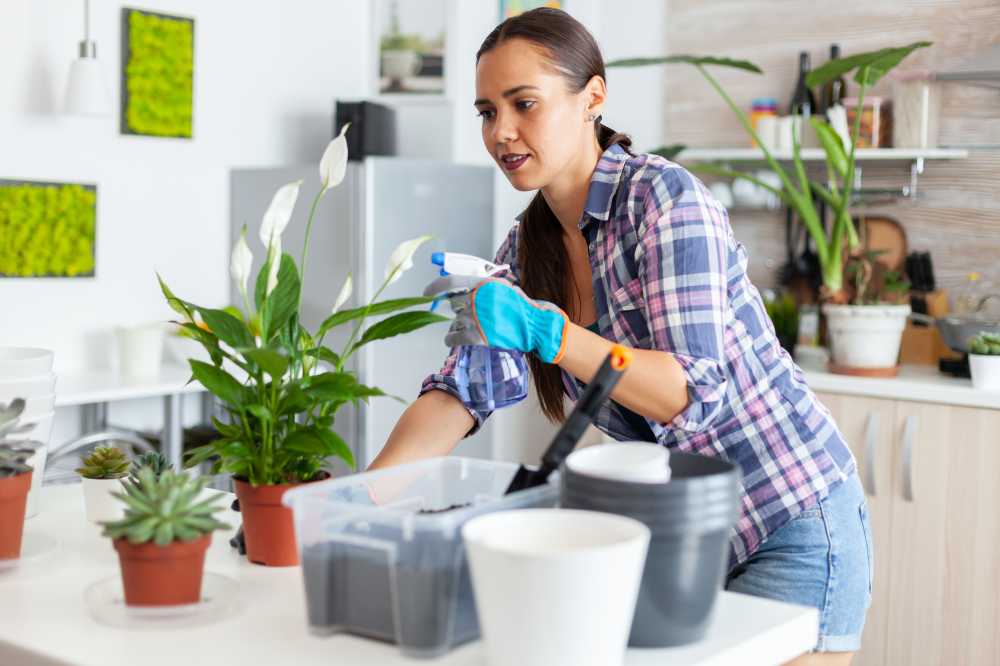
How Millennials Do Gardening
The millennial obsession with houseplants is also linked to self-care and wellness movements. But what types of gardening tasks do millennials enjoy doing?
According to the Axiom 2022 Gardening Insights Survey, about 46.7% of millennial men engaged in gardening to create spaces for entertainment, while 42% of millennial women are more focused on creating a more comfortable space. Hardscape improvements, such as retaining walls and patios, rank third for men and women.
However, all gardeners face a few common challenges at some point in their lives. About 37% of millennial males said that the biggest obstacle is time, claiming there aren’t enough hours in a day. Meanwhile, almost 33% of millennial women said that financial constraints prevent them from gardening more.
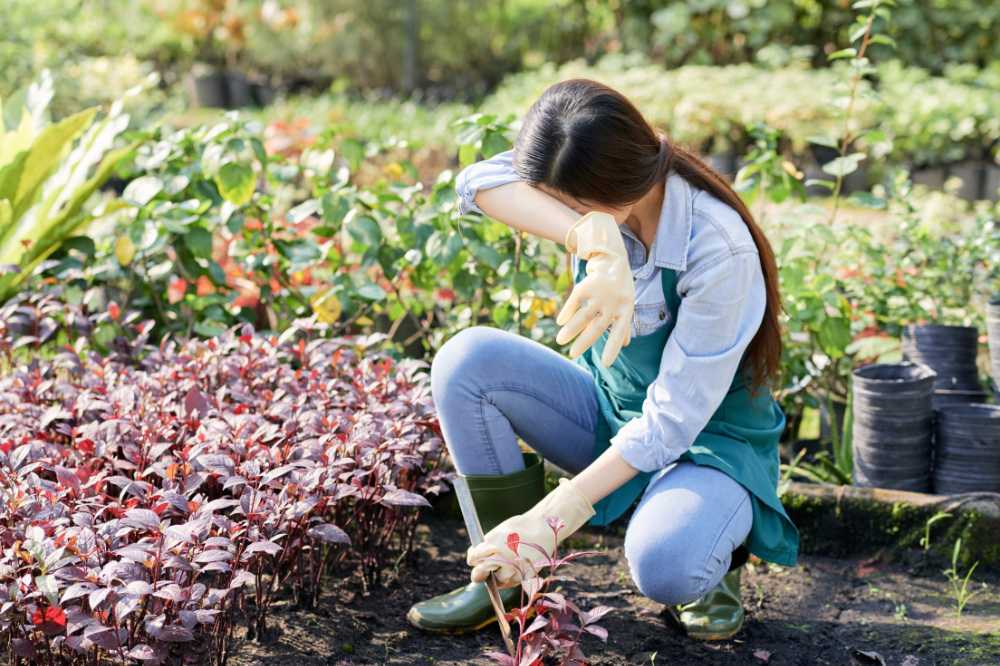
Greenlife Plants for Gardening
Generation Y values individuality, independence, control, and caring for the environment. Gardening is an excellent way for millennials to practice self-sufficiency while helping the environment at the same time. However, they also need to be able to tend to their gardens without losing a sense of control over the activity. In other words, they should be able to do it with the time and resources available to them.
Here are six Ozbreed™ Greenlife plants that millennials will surely find easy to look after. These low maintenance plants are perfect for millennials or anyone who loves to garden but doesn’t have the luxury of time and resources to spend on gardening.
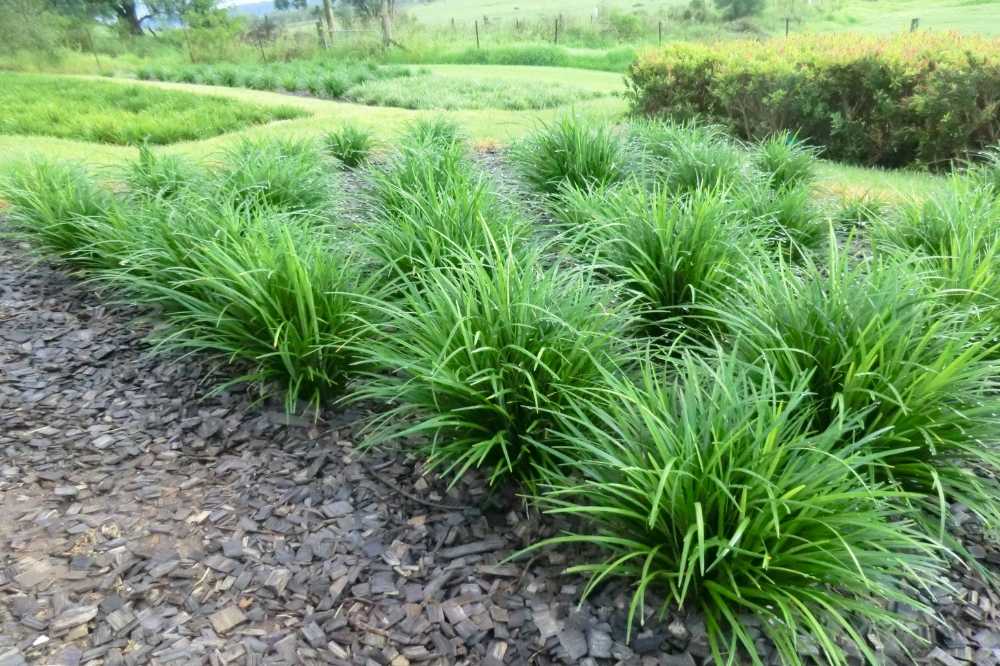
1) Just Right® Liriope
Just Right® Liriope is a preferable replacement for Evergreen Giant because it is more evergreen and burns less in cold and heat. The dark green strappy foliage stays cleaner year after year, staying evergreen in moderate frosts and heat, and in moderate dry.
Caring for this plant is easy. When it eventually gets untidy, simply get a sharp knife and cut it back 5cm above the ground. It will reshoot and look amazing again. The best time to plant it is at the end of winter. The modern generation could appreciate a smart and easy care for a stylish plant like this.
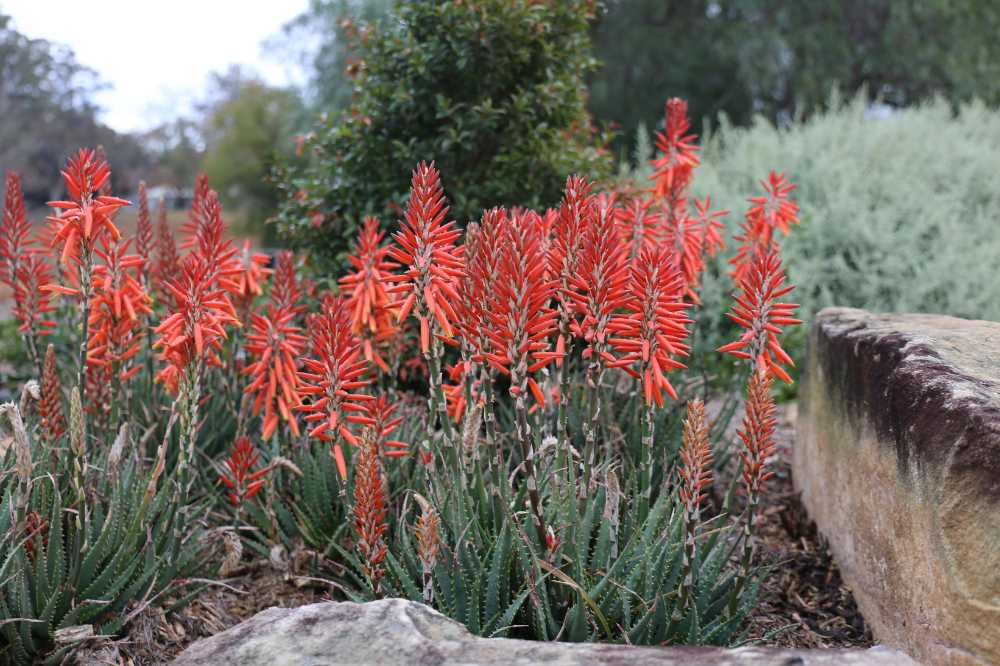
2) Sea Urchin™ Aloe
Sea Urchin™ Aloe has the ability to provide both modern and architectural elegance. It has a clean blue/green foliage. It displays abundant orange blossoms in winter and spring, making it a wonderful show stopper.
It requires little care as it can withstand frost, heat, and drought. It also tolerates most soil types. In humid climates like Queensland, it needs good drainage soils.
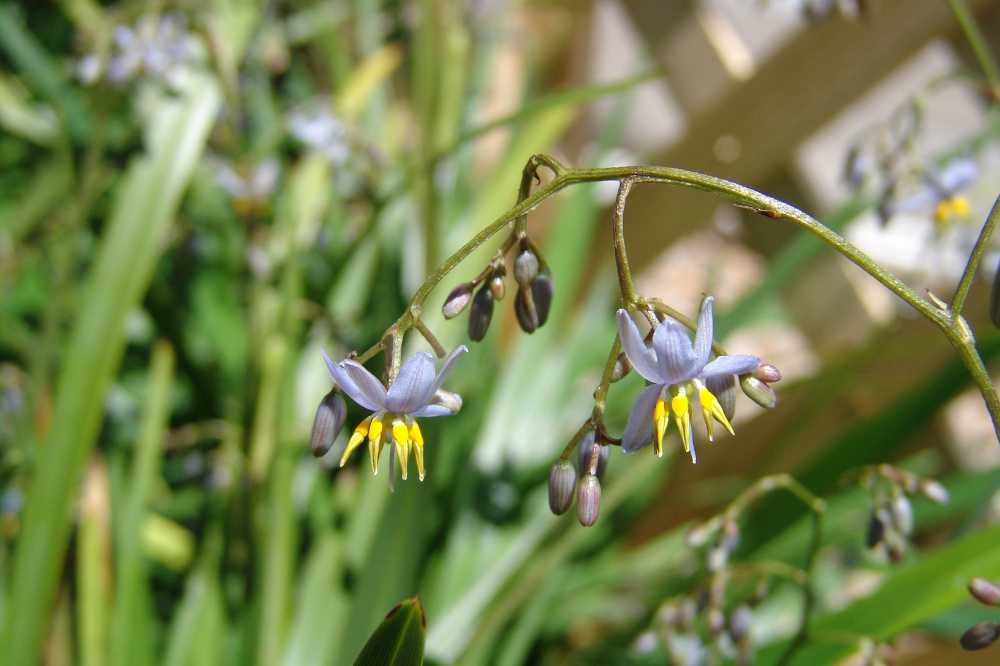
3) Breeze® Dianella
This Dianella has a smart attribute that allows it to be cut back hard every couple of years for easy rejuvenation. Just mow or brush cut 5cm above the ground to remove any untidy foliage.
It reshoots quickly in spring, so the best time to cut is early spring. Its ever green foliage and wildlife attracting flowers and berries will easily fit the millennials’ modern lifestyle.
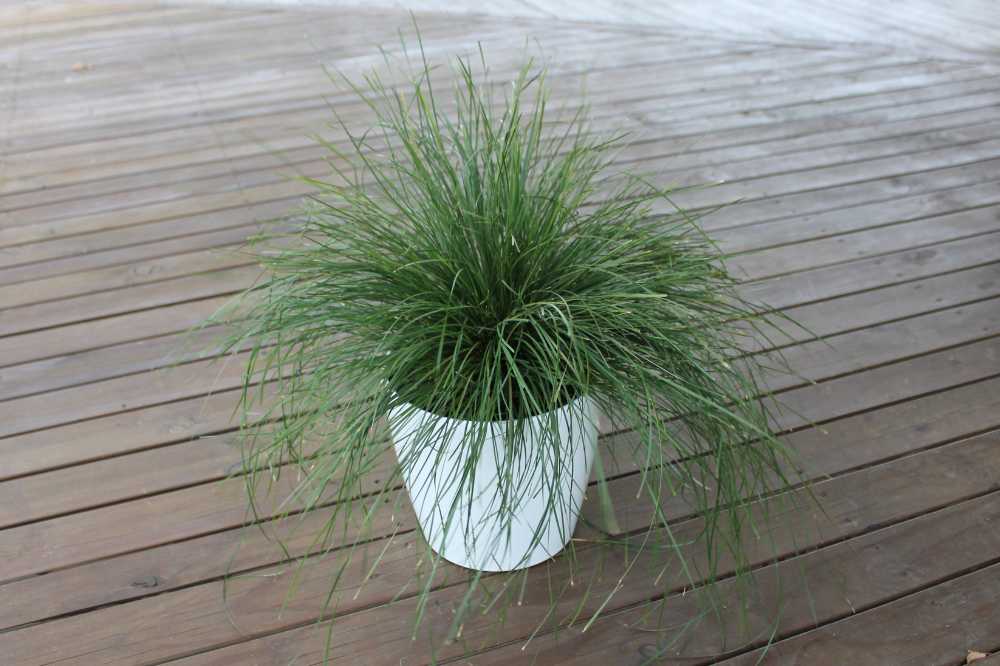
4) Evergreen Baby™ Lomandra
This is a beautiful clumping, small strappy fine leaf plant that is definitely not fussy. It tolerates periodic wet feet, works pretty much Australia wide, and needs very little work.
Tough is a word that best describes this plant. Best of all, if fertilised, it is a beautiful green, and if unfertilised, it turns into an elegant lime colour.
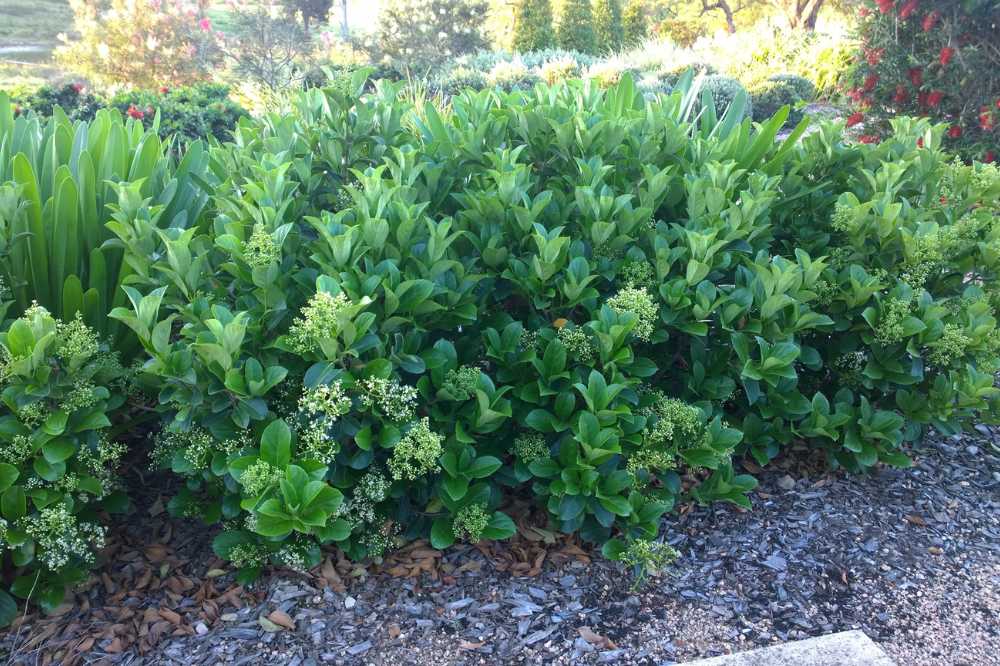
5) Dense Fence™ Viburnum
This has finer foliage, more density, shorter internodes, and reddish healthy new growth compared to the common form. This easy-to-use hedge fits the modern generation’s garden, being less maintenance, requiring half the hedging, and providing dense privacy with far less gaps.
It tolerates a wide range of soil types and circumstances, but prefers a sunny to partly shaded location with adequately drained soil. Once developed, it can withstand light frost but not extreme cold.
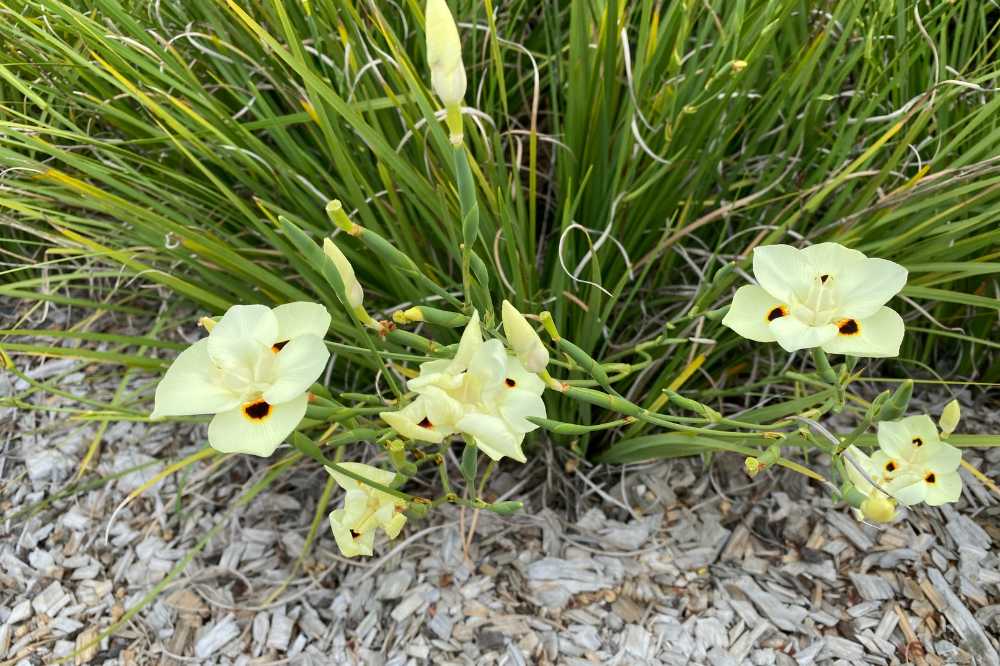
6) Fine Divine™ Dietes
Dietes bicolor is one of Australia’s most hardy landscape plants. The Fine Divine™ Dietes plant is a slightly smaller version of the common variety.
Its finer foliage makes it significantly more decorative, allowing it to appear beautiful in mass planting for vast landscapes while remaining more compact for smaller gardens. It is an ideal plant for the smart, low maintenance gardener.
Final Words
Gardening is truly good for you, your health, and the environment. Planting seeds or plants and helping them grow has proven mental health benefits like helping relieve stress and anxiety.
Starting a garden also invites you to go outside, interact with other gardeners in your community, and take charge of your need for exercise, healthy food, and beautiful surroundings.
Gardening provides a creative outlet that connects you to the cycle of life and the plants and animals in your backyard, and it allows you to give back to the earth by caring for it. Gardening can also help you feel more empowered and accomplished.




This Post Has 0 Comments